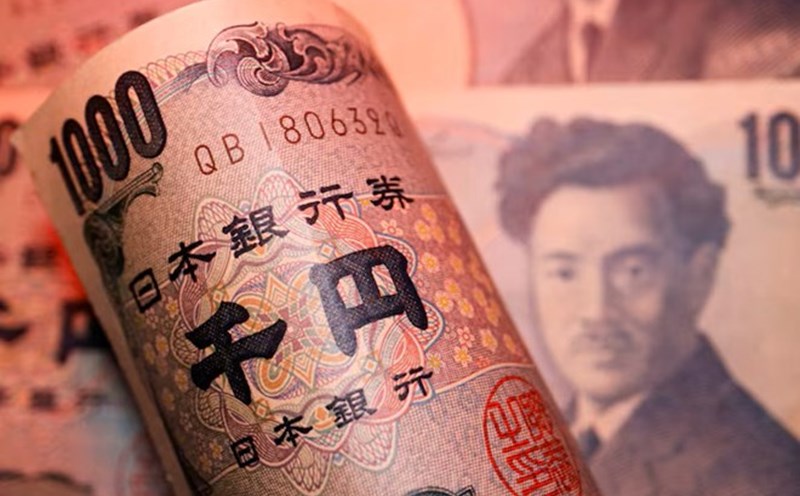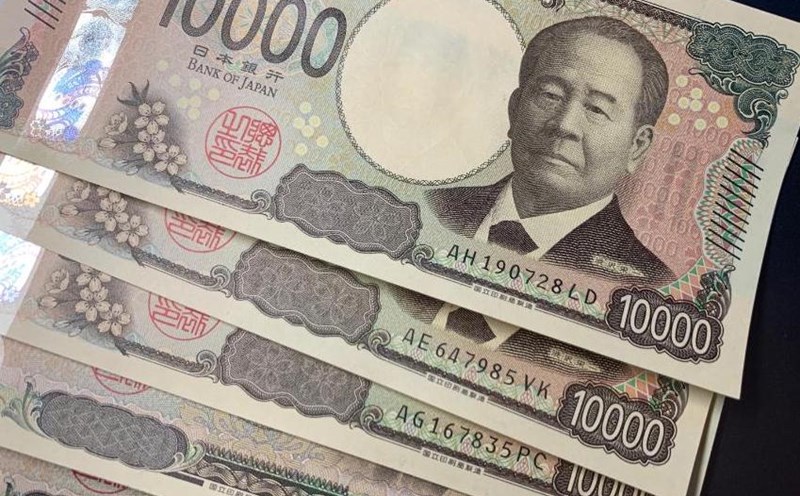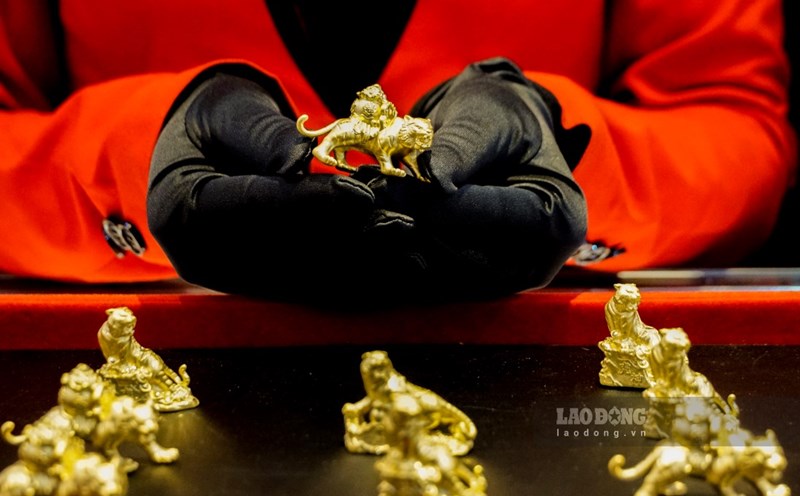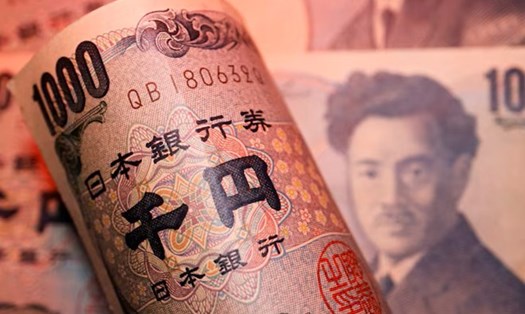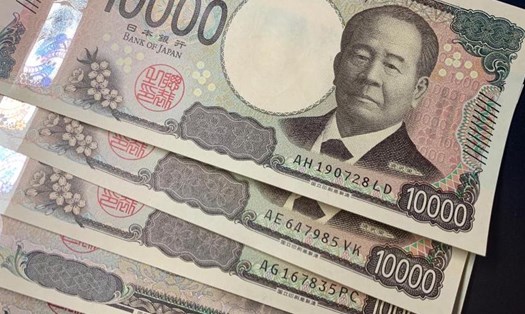Yen exchange rate today
According to Lao Dong, on October 27, the Japanese Yen (JPY) continued to depreciate for the seventh consecutive day against the US dollar, as the market expected the new Japanese Prime Minister - Ms. Sanae Takaichi - to maintain an expanded spending policy and not soon tighten the budget.
In addition, the cooling signal of US-China trade tensions has caused safe-haven demand to decrease, pushing the USD/JPY exchange rate around 153.25 - the highest level in more than two weeks.
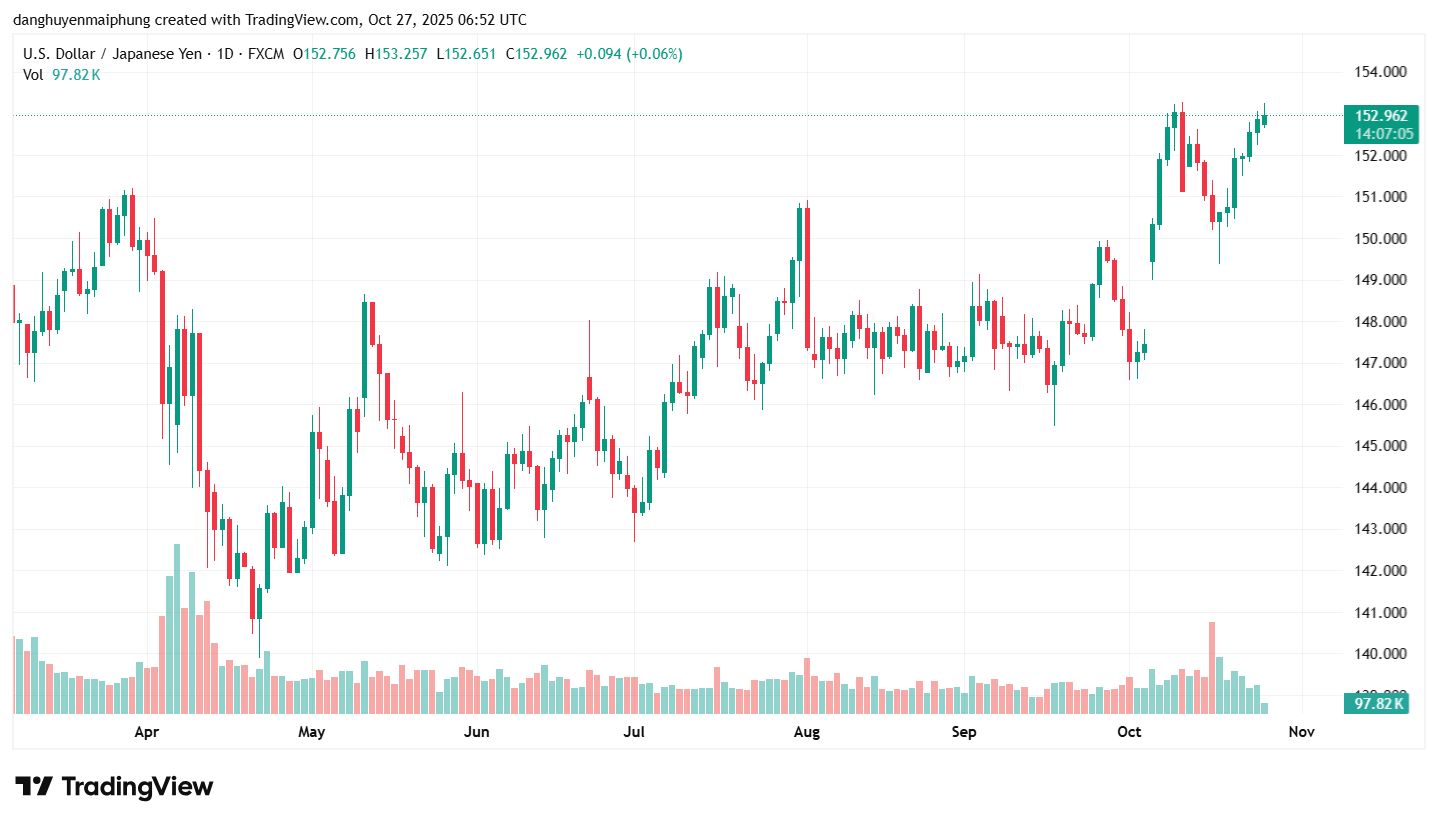
According to FXStreet, data released this morning showed that inflation in Japan's service sector increased for the second consecutive month, reaching 3.0% in September compared to 2.7% in August. This result reinforces the possibility of the Bank of Japan (BoJ) raising interest rates soon, as consumer inflation has exceeded the BoJ's 2% target for more than three years.
fiscal concerns reduce the Japanese Yen
However, this expectation has not helped the Yen recover, as the market is concerned about Japan's fiscal situation under Ms. Takaichi - who is seen as pursuing an economic stimulus policy like former Prime Minister Shinzo Abe.
Meanwhile, in the US, a report by the Bureau of Labor Statistics showed that the consumer price index (CPI) in September increased by 0.3%, equivalent to an inflation rate of 3% over the same period last year lower than expected. This data makes the market believe that the US Federal Reserve (Fed) will soon cut interest rates, possibly even make another cut at the December meeting.
The contrast between the policies of the BoJ and the Fed makes the development of the Yen unpredictable. Although expectations of a rate hike could support the Yen, concerns about public debt and expanded spending by the new government have made investors cautious. The USD/JPY exchange rate is currently forecast to fluctuate strongly this week, before the Fed announces its policy decision on Wednesday and the BoJ updates the orientation on Thursday.
In another development, US-China trade tensions have shown signs of cooling down after officials from both sides reached a framework agreement on a potential deal, expected to be discussed when US President Donald Trump and Chinese President Xi Jinping meet this week. This development contributes to reducing demand for safe-haven assets such as the Yen, causing the JPY to continue to be under downward pressure in the short term.


